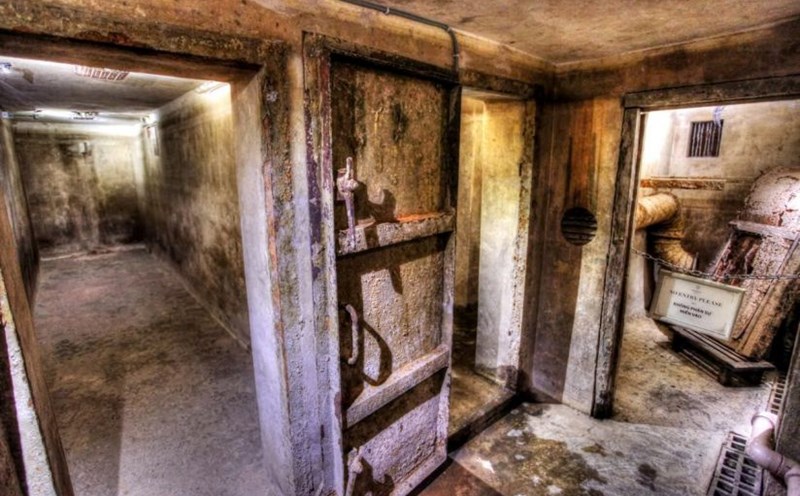In particular, in the context of modern education, History in Vietnam is not only academic but also plays an important role in fostering national identity and critical thinking.
History is the endless flow of humanity
History is not about remembering what happened, but about understanding why they happened, how they affect us today, and how lessons from the past can light up the road ahead.
First of all, history is a giant mirror, reflecting the entire journey of people on earth. It shows the brilliant heights of civilization, the extraordinary leaps of intelligence and creativity; at the same time, it does not avoid exposing mistakes, tragedy and conflict.
For example, from Vietnamese history, anti -foreign resistance wars such as the 13th -century anti -Mong - Mongolia war or the resistance war against the French colonialists and the American imperialism in the 20th century were not only big events but also a lesson on patriotism, solidarity and strong will of the nation. These lessons not only help the younger generation understand the value of independence and freedom, but also arouse responsibilities in protecting and developing the country.
History helps us answer fundamental questions such as: "Who are we? , "Where do we come from?". For Vietnamese people, national history is not only a source of pride but also the foundation for a sense of self-respect and self-reliance.
For example, the event of King Ly Thai To moving the capital from Hoa Lu to Thang Long in 1010 not only marked a major turning point in history but also symbolized a strategic vision. Learning about this event not only helps students better understand the formation and development process of the country but also arouses pride in the tradition of building and defending the country.
History is the guideline for the future
Not only explaining the past and present, history is also a guideline for the future. Lessons from history help us predict possible scenarios, anticipate risks and make smarter decisions.
In the context of globalization, a clear understanding of the history of international relations, such as the relationship between Vietnam and neighboring countries, helps diplomats and policy makers come up with effective cooperation strategies. At the same time, lessons from wars and conflicts in history also remind us of the importance of peace, solidarity and international cooperation.
History does not only exist in books or museums but is also imbued in all aspects of modern life. Language, customs, practices, art, architecture - all have the mark of history.
In education, organizing field trips to historical sites such as the ancient capital of Hue, Hung Temple or the land of Cu Chi helps students experience and feel history vividly. These activities not only enrich knowledge but also arouse love and attachment to national history.
Even in our personal lives, our important decisions, from choosing a career, choosing a partner to raising children, are more or less affected by the experiences, stories, and lessons we receive from history - whether it is the history of our own family or examples from human history.
We are living in a historic moment, and our actions and decisions today will become the history of tomorrow. Understanding our role in that flow helps us become more aware of our personal responsibility towards the community and the future. History is not something stationary in museums or libraries; it is being written every day, every hour by us.
In an era of information explosion, the ability to distinguish between truth and lie, one-sided propaganda identification and understanding the motives behind events becomes extremely important. Modern history is no longer the process of stuffing events but the process of working with evidence. When approaching a historical issue, learners are encouraged to learn from many different sources, ask questions, compare and evaluate the reliability of the information.
For example, when studying the August Revolution in 1945, students not only learned about event developments but were also instructed to analyze factors leading to success, such as the talented leadership of the Party, the spirit of solidarity of the people and the favorable international context. This process helps students develop critical thinking, analytical ability and independent judgment - skills that are extremely necessary in modern life.
History is not just a subject in school; it is a lens to help us see more clearly ourselves, society and the world. By studying history, we not only accumulate knowledge but also develop thinking, foster patriotism and a sense of responsibility. History is always present, waiting for us to discover and conquer eternal messages.











